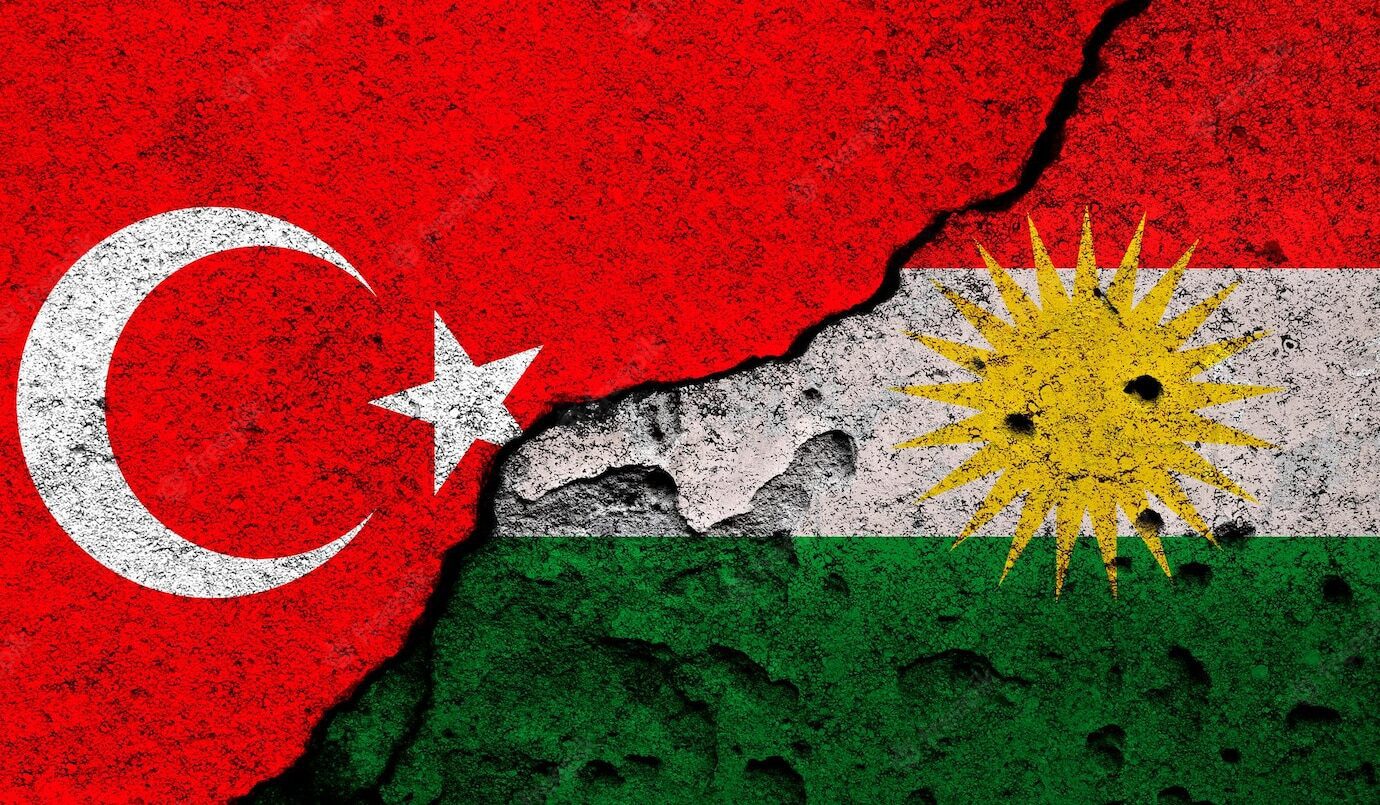The joint counterterrorism operations and all joint special operations are undertaken in Syria to eradicate ISIL (ISIS) remnants have been suspended, according to a spokesman for the SDF.
In an interview with Al Jazeera, the Turkish presidency’s spokesperson said that Kurdish armed groups in Syria are “legitimate targets”, and that they are exploiting their connections with the United States to justify their presence on the Turkey-Syria border.
Ibrahim Kalin told Al Jazeera that Ankara wants the Kurdistan Workers’ Party (PKK) and its spinoffs the Kurdish People’s Protection Units (YPG) and the Democratic Union Party (PYD) to safeguard its borders.
The PKK, YPG, and their affiliated groups have been blamed for the November 13 Istanbul explosion as well as previous attacks. Ankara, with its NATO allies the United States and the European Union, has named the PKK a “terrorist” group in response to its decades-long violent resistance in Turkey’s southeast.
According to Kalin, any PKK, PYD, and YPG establishments, elements, posts, and military points are legitimate targets for us, whether they are in Syria or Turkey.
“Targeting those groups is justifiable since they’re terrorist organizations,” he said. “We defend our borders by going after them. We don’t target Russian or American soldiers or military posts in Syria or any other place.”
According to Kalin, the PKK, PYD, and YPG “elements” in the past have used American and Syrian regime flags to “protect themselves”.
“The fact that the United States is working with the PYD and YPG to dislodge IS from territory in northern Syria shows how the groups are
using their alliance with the United States to legitimize their presence there,” he said.
The government said that “terrorism” on Istiklal Street in Istanbul prompted Turkey to respond. The individual who carried out the attack, a Syrian woman of Kurdish descent, was trained by Kurdish fighters there, according to the government.
“We initially responded by coordinating and conducting several air operations,” Kalin said. “Of course, we will pursue these terrorists, both from the air or from the ground, depending on the risk level as determined by our intelligence and air defense ministries and related agencies.”
In recent weeks, Turkey has intensified its shelling and air raids on northern Syria, preparing for an invasion against the YPG, a predominantly Kurdish Syrian Democratic Forces faction based in Syria. According to reports, Ankara has targeted several SDF military.
According to Ozturk, the YPG’s retaliation against Turkish air raids resulted in rocket attacks. Turkey wanted to ensure that the YPG would be incapable of launching further attacks—both within Turkey and across the border.
Turkey has faced resistance from several international powers involved in Syria, including Iran, Russia, and the United States, for delaying the operation.
On Friday, the SDF, which controls territory in northern Syria, said it would no longer participate in joint counterterrorism operations with the United States and other allies in light of the Turkish assaults. The SDF says it has recorded over 70 assaults since the operation was announced.
An SDF representative said that “all joint counterterrorism operations” with the US-led coalition battling ISIL remnants in Syria as well as “all of our regular joint special operations” had been halted.



















